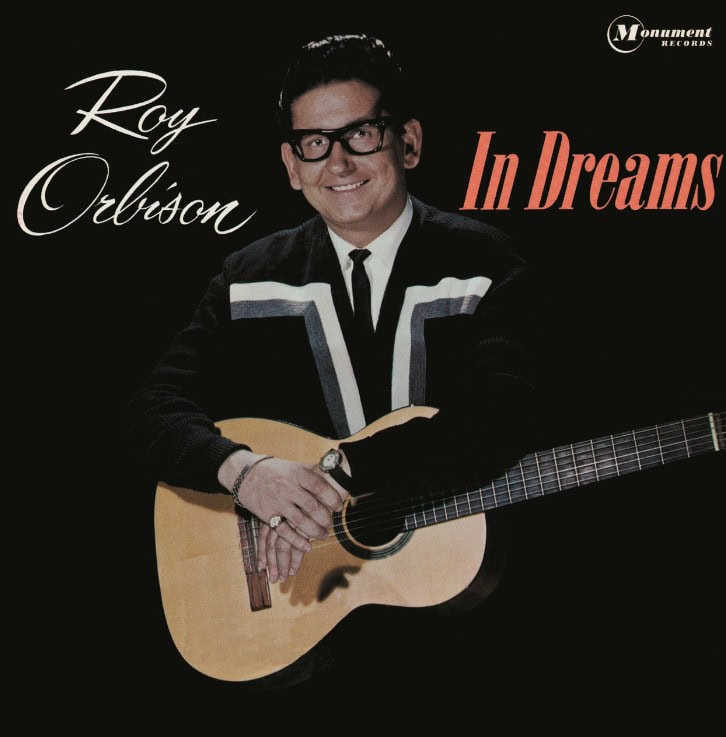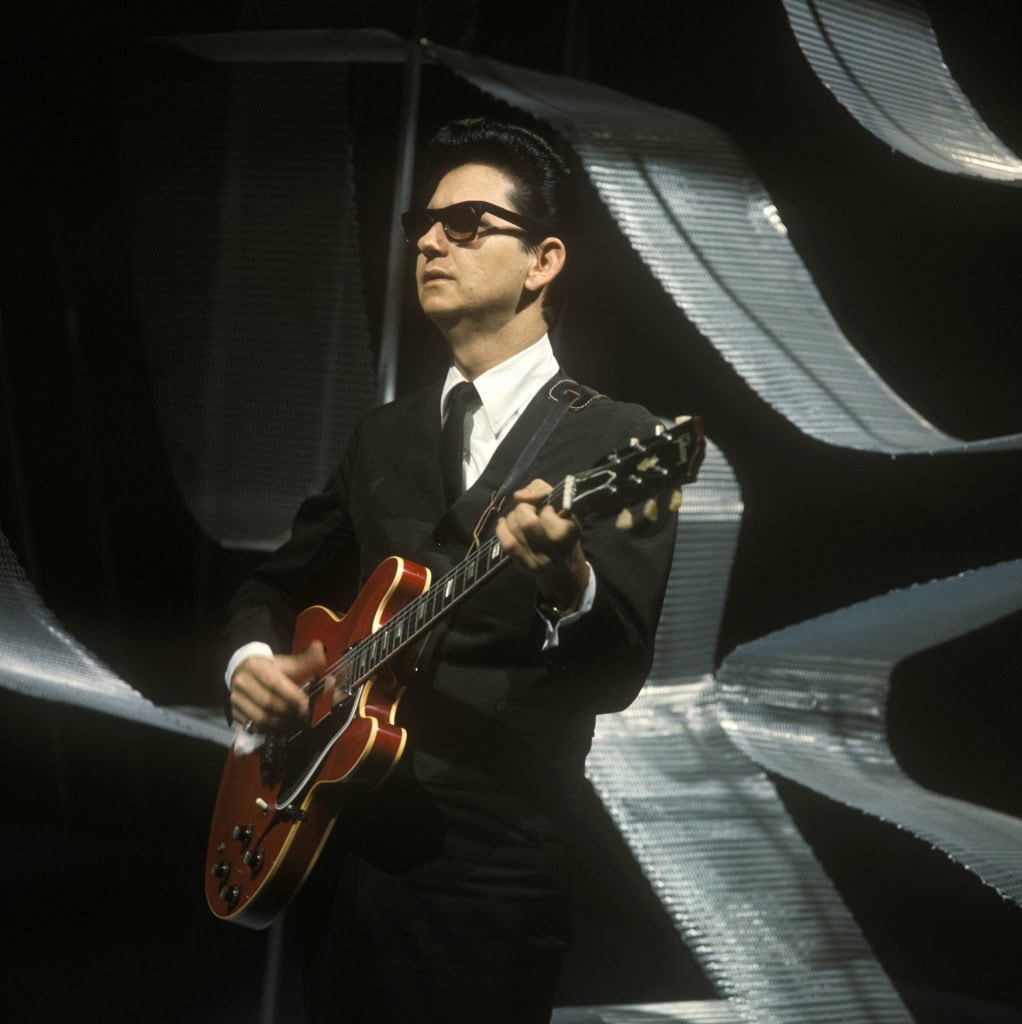
In Dreams by Roy Orbison: A Symphonic Ballad of Lost Love
Emerging from the golden age of rock and roll, Roy Orbison’s “In Dreams” stands as a timeless masterpiece, a poignant ballad that has captivated audiences for generations. Released in February 1963, the song’s melancholic melody and Orbison’s soaring vocals paint a vivid picture of unrequited love and the power of dreams to offer solace amidst heartbreak.
Penned by Orbison himself along with his frequent collaborator Joe Melson, “In Dreams” is a testament to their songwriting prowess. The lyrics, imbued with a poetic yearning, follow the narrative of a lovestruck individual seeking refuge in dreams, where their beloved remains eternally present. Orbison’s voice, imbued with a raw, emotional intensity, perfectly conveys the protagonist’s longing and despair.
The song’s arrangement masterfully complements the emotional depth of the lyrics. Opening with a delicate piano melody, the instrumentation gradually builds, punctuated by Orbison’s impassioned vocals and a sweeping orchestral accompaniment. The arrangement swells to a crescendo during the chorus, emphasizing the protagonist’s fervent pleas for his lost love.
Upon its release, “In Dreams” achieved significant commercial success, peaking at number 7 on the Billboard Hot 100 chart. The song’s enduring popularity has led to numerous covers by artists across various genres, further cementing its status as a rock and roll classic. Orbison’s original recording remains the definitive version, showcasing his vocal brilliance and the song’s timeless appeal.
“In Dreams” is more than just a song; it’s an emotional journey, a poignant exploration of love, loss, and the solace found in dreams. Orbison’s masterful songwriting and passionate delivery have ensured that “In Dreams” will continue to touch hearts for generations to come.
